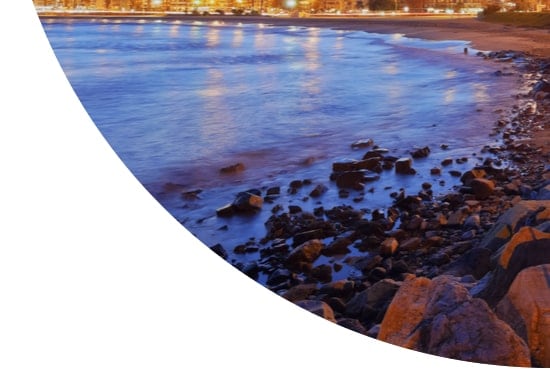West Nile virus (WNV) is spread by mosquitoes in many countries. There are usually no symptoms, although some people develop mild flu-like symptoms, nausea and skin rash. The virus is not contagious and should get better without any treatment.


Travel Vaccinations for Uruguay
Recommended Vaccines for Uruguay
The level of protection needed depends on your medical history and travel itinerary. Book now to get a personalised recommendation from our specialist travel nurses. The consultation costs £20 plus any vaccines you decide to take.
Flexible appointments with no upfront payment
Book Now
Destination Information for Uruguay
As the second-smallest country in South America (after Suriname), Uruguay is often overshadowed by its much-larger neighbours, Argentina and Brazil. It’s known as a peaceful and liberal country, with a pretty coastline dotted with beaches and inland lush rainforests and agricultural land. The capital, Montevideo, on the South coast, is defined as a Beta World City, and is a metropolis full of life and character. Visit during carnival time and you’ll be treated to a 6-week long celebration, one of the most colourful and vibrant on the continent.
Whether you’re yearning for fashionable beach resorts like Punta del Este, the charm and culture of old colonial towns such as the cobbled streets of Sacramento or a rural adventure inland, Uruguay is a wonderful destination offering an authentic and unspoilt glimpse of traditional South American life. Stay in a beach house, cottage or a ranch to experience the relaxed pace of life and feel ‘at one’ with nature. The summer months of December to January offer the best in terms of weather and travelling conditions, but stay a bit longer for the February carnival time for an unforgettable visit to this well-kept secret of a destination.
Infections and Outbreaks frequently change from country to country and by attending our clinics you will be given the most up to date clinical and safety advice from our team of specialists. Our advice to you often includes aspects such as:
- Food and water hygiene
- Insect and animal bite avoidances
- Personal safety
- Sexually transmitted infections
- Sun protection
- Altitude sickness
Malaria and regions within country:
Malaria is not normally present in Uruguay.
Additional Health Risks Information for Uruguay
The standard of medical care in Uruguay is generally good, although it can be expensive so you should always ensure you have adequate travel insurance. Visitors to the country should follow basic food hygiene and common sense to minimise the risk of food poisoning and other bugs, although the tap water here is considered safe to drink. The sun can be extremely powerful, so protect yourself with a good sunscreen, eyewear and ensure you stay hydrated.
In the capital Montevideo, street crime is common, so be vigilant about your personal security at all times, especially when out after dark, when using cash points or when carrying money or valuables. Bag snatching and pickpocketing is not unusual, and as a tourist you may be a target. Crime rates are lower in other parts of the country, but caution is advised, as with anywhere else in the world.
The main rounds in Uruguay are well-maintained, but this is not the case for many other smaller roads. Despite a zero-tolerance approach to drink driving and a clear seatbelt law, driving standards are often poor, so take particular care if you are hiring a car, or walking close to roads here. Larger beaches in Uruguay have lifeguards in the summer, and will be marked with flags depending on the weather conditions and if it is safe to swim. If you are swimming at a beach or river that is not marked, be aware of strong currents which can be highly dangerous.



